JFK conspiracy theories
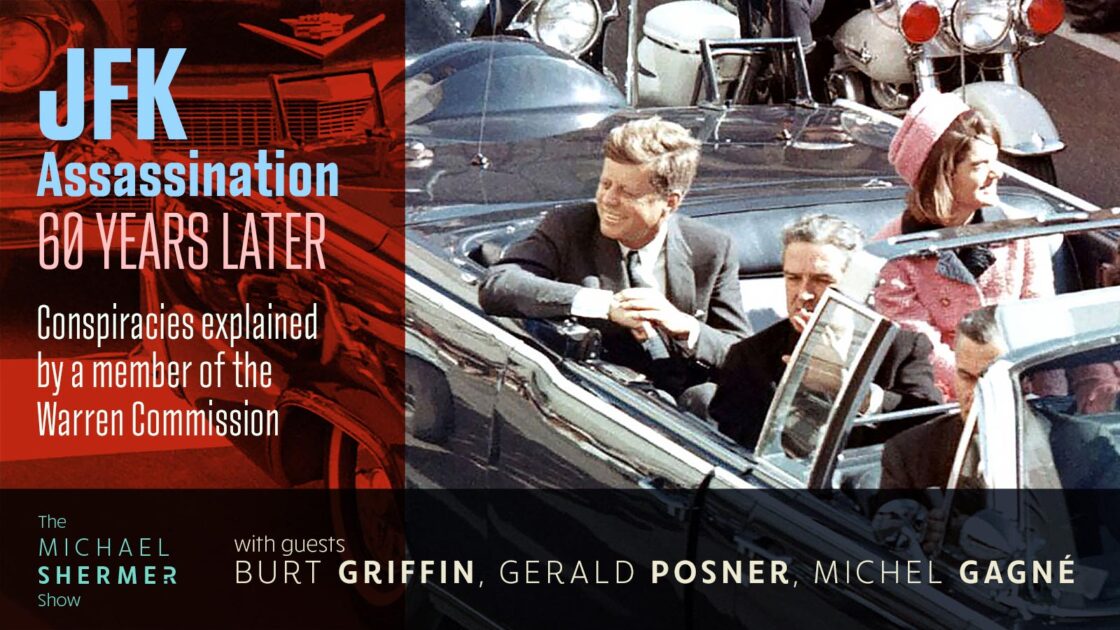
Shermer, Griffin, Posner, and Gagné discuss: the nostalgic myth of “Camelot” • Lee Harvey Oswald and why he killed Kennedy • Cuba, Castro, the Bay of Pigs debacle • the CIA and why it is rational to be skeptical of their activities • the “magic bullet,” pristine or predictably damaged? • James Hosty and the FBI’s files on Oswald before he killed JFK • CIA and FBI coverups • General Edwin Walker • Jack Ruby • Bernard Weissman, • common…
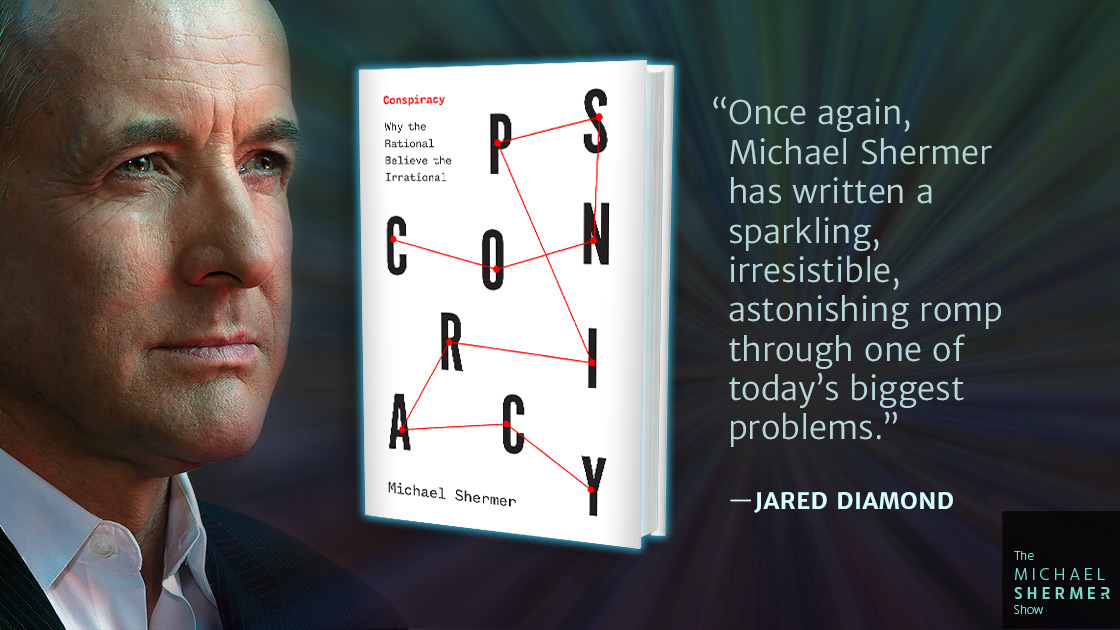
The problem of conspiracism is urgent—arguably more pressing than at any time in our history. In his new book, Conspiracy, out October 25, 2022, Shermer: reviews and integrates evolutionary, psychological, social, cultural, political, and economic conditions that fuel conspiracy theories • presents his original three-tiered theoretical model of Proxy Conspiracism, Tribal Conspiracism, and Constructive Conspiracism • classifies and systematizes conspiracy theories in order to tease apart their different causes • offers his Conspiracy Detection Kit on how to tell if…
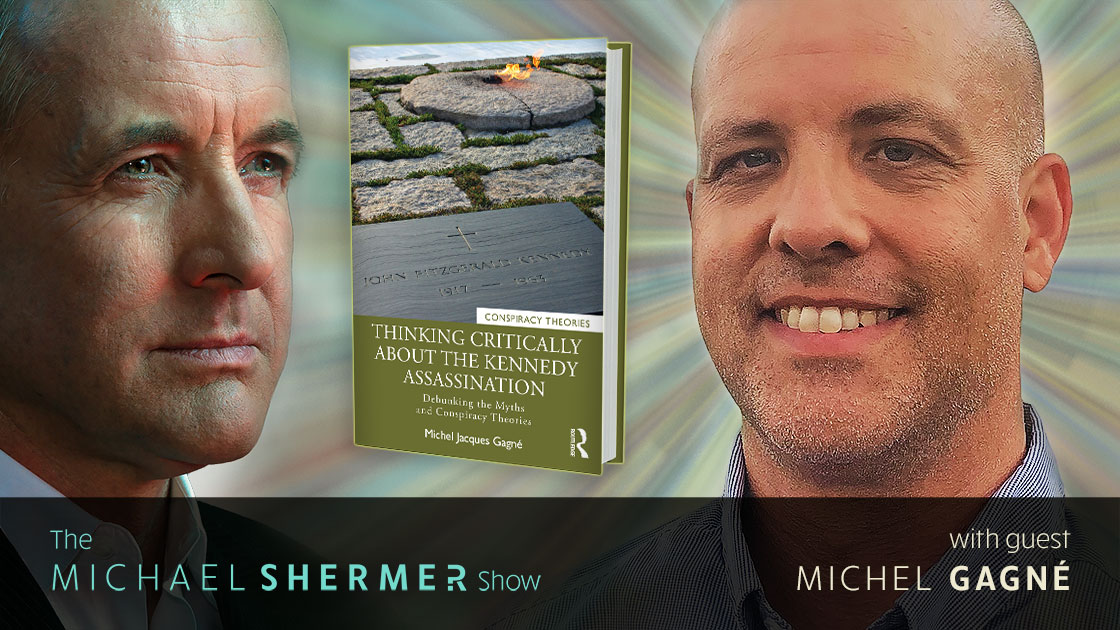
As we approach the sixtieth anniversary of the violent public assassination of President John F. Kennedy, over half of all Americans surveyed continue to believe that he was killed by a conspiracy involving multiple assassins. Shermer and Gagné discuss: conspiracies and conspiracy theories; what role conspiracy theories play in society; who believes them and why; why conspiracy theorists rewrite the past; Trump and rigged election; Obama Birtherism; and more…
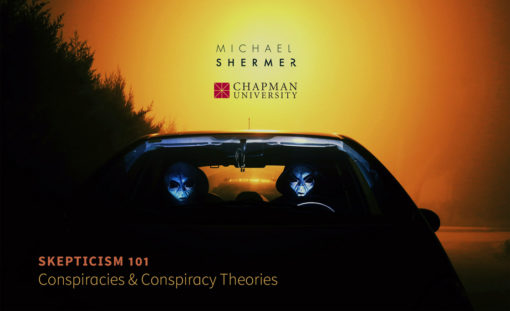
Dr. Michael Shermer explains the difference between conspiracies and conspiracy theories, who is more likely to believe which conspiracy theories, the social, political, cultural, and psychological conditions in which conspiracy theories flourish, real conspiracies, and who really killed JFK.
In Science Salon # 93 Michael Shermer speaks with evolutionary psychology professor Geoffrey Miller about his book: Virtue Signaling: Essays on Darwinian Politics and Free Speech. Plus, Michel Jacques Gagné examines the reasons shocking events like the Kennedy assassination give rise to conspiracy myths.
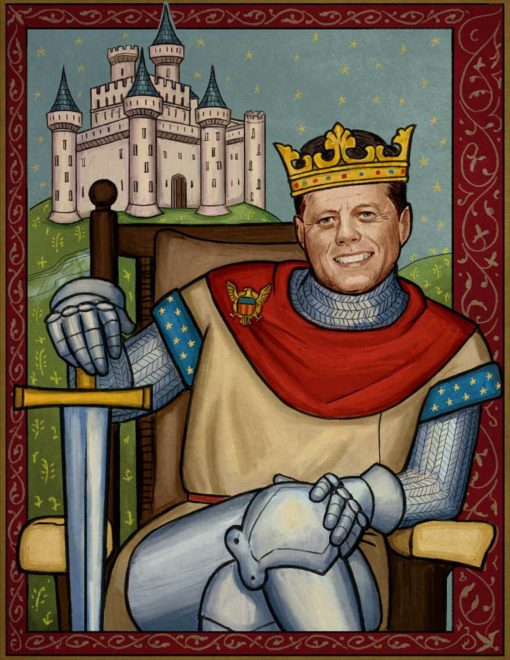
Why did JFK’s untimely death produce so many clashing interpretations of one of the most meticulously documented periods of history? This article examines the reasons shocking events like the Kennedy assassination give rise to conspiracy myths. Such stories, though based on ostensibly historic events, serve a contemporary agenda, namely by scapegoating a source of existential evil and promoting a paranoid counter-ideology to defeat it. This essay appeared in Skeptic magazine 22.4 (2017) and was presented to the 2017 Concordia-Vanier Liberal…

Ever since Michael Shermer wrote Why People Believe Weird Things he has been asked to list the strangest beliefs he’s come across in his quarter century as a professional skeptic. We have compiled this list into The Top 10 Weirdest Things… DOWNLOAD the free PDF
On November 22, 1963, President John F. Kennedy was assassinated by lone-gunman Lee Harvey Oswald. Yet, about three-quarters of Americans believe that President Kennedy was the victim of a multi-shooter conspiracy. In this week’s eSkeptic, Michael Shermer discusses several psychological factors at work that allow conspiracy theories to persist.
In this article from Skeptic Magazine issue 18.3 (2013), David Reitzes recounts some of the most durable myths and conspiracy theories surrounding JFK’s assassination, and reminds us that the job of a skeptic is to use critical thinking to properly assess the evidence, and to use our critical faculties to distinguish verifiable evidence from idle speculation, not to merely doubt for the sake of doubting.














